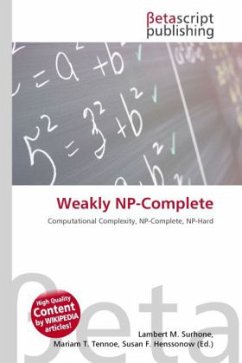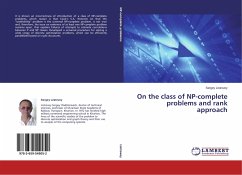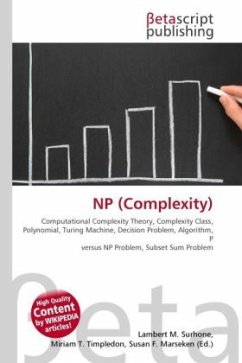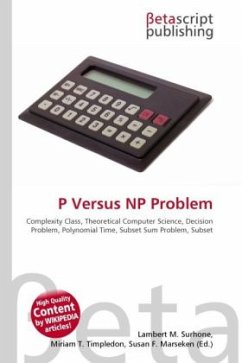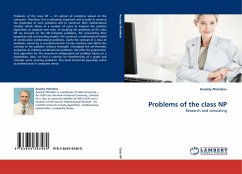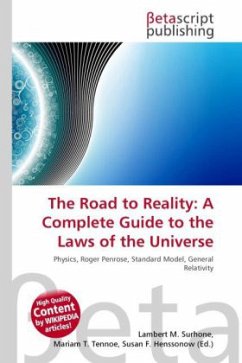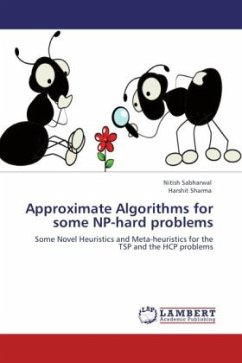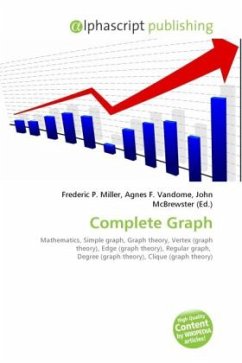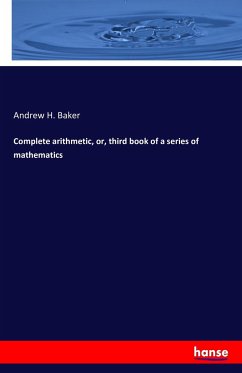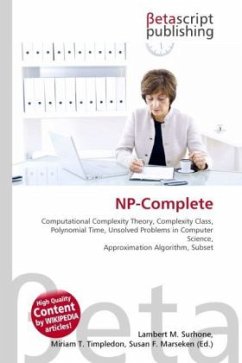
NP-Complete
Versandkostenfrei!
Versandfertig in 6-10 Tagen
23,99 €
inkl. MwSt.

PAYBACK Punkte
12 °P sammeln!
High Quality Content by WIKIPEDIA articles! In computational complexity theory, the complexity class NP-complete (abbreviated NP-C or NPC), is a class of problems having two properties: Any given solution to the problem can be verified quickly (in polynomial time); the set of problems with this property is called NP (nondeterministic polynomial time). If the problem can be solved quickly (in polynomial time), then so can every problem in NP. Although any given solution to such a problem can be verified quickly, there is no known efficient way to locate a solution in the first place; indeed, th...
High Quality Content by WIKIPEDIA articles! In computational complexity theory, the complexity class NP-complete (abbreviated NP-C or NPC), is a class of problems having two properties: Any given solution to the problem can be verified quickly (in polynomial time); the set of problems with this property is called NP (nondeterministic polynomial time). If the problem can be solved quickly (in polynomial time), then so can every problem in NP. Although any given solution to such a problem can be verified quickly, there is no known efficient way to locate a solution in the first place; indeed, the most notable characteristic of NP-complete problems is that no fast solution to them is known. That is, the time required to solve the problem using any currently known algorithm increases very quickly as the size of the problem grows. As a result, the time required to solve even moderately large versions of many of these problems easily reaches into the billions or trillions of years, using any amount of computing power available today. As a consequence, determining whether or not it is possible to solve these problems quickly is one of the principal unsolved problems in computer science today.



